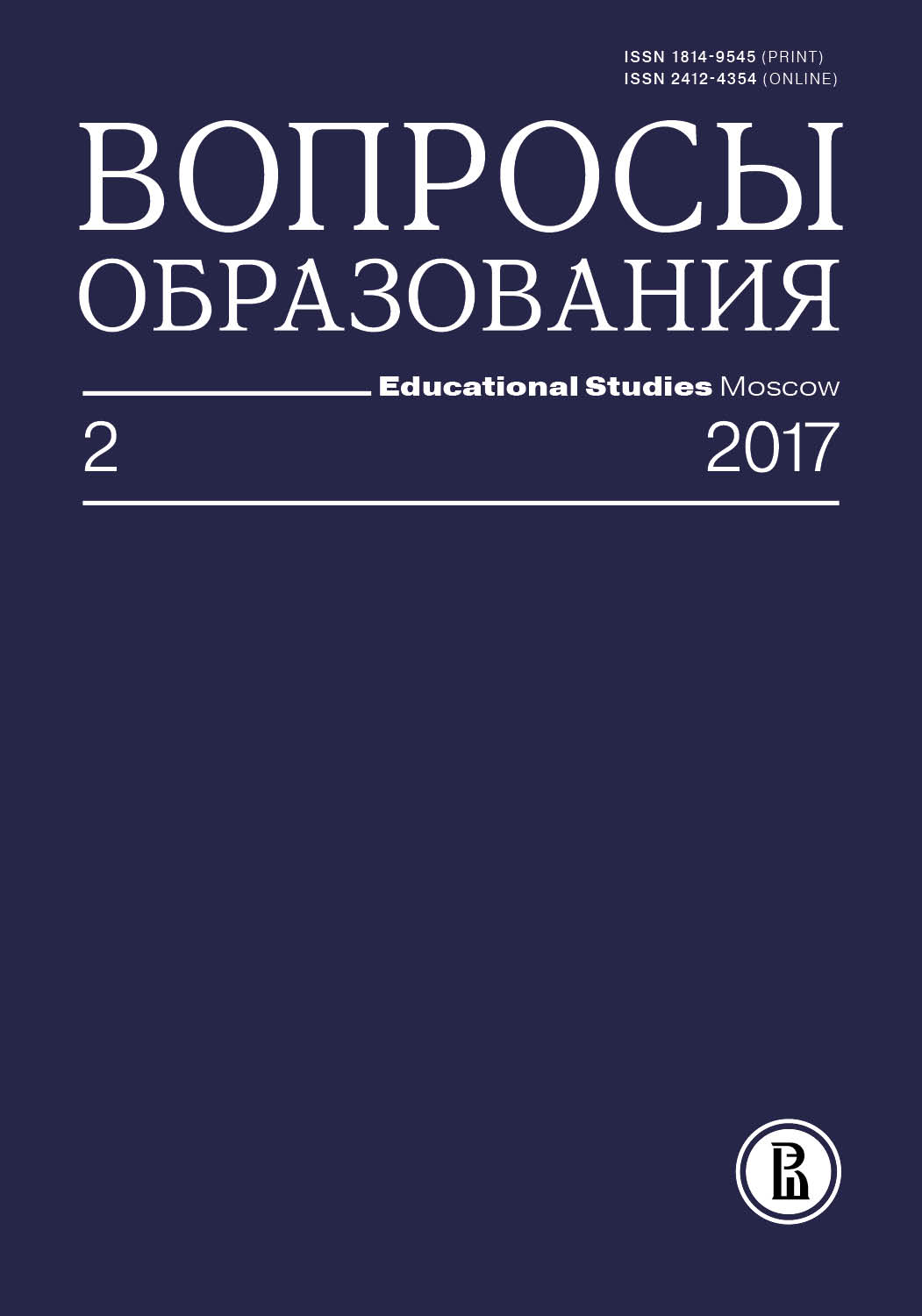Родительские практики обучения чтению и уровень читательской грамотности детей в России: по данным PIRLS-2011
Аннотация
Уровень читательской грамотности ребенка связан с культурным капиталом его семьи. В качестве фактора, объясняющего эту связь, исследователи часто упоминают участие родителей в обучении. В статье на данных PIRLS‑2011 анализируется выбор родителями с разным объемом культурного капитала практик поддержки детского чтения до школы и в 4‑м классе. Рассматриваются формальные (игры с алфавитом, игры со словами, письмо) и неформальные (чтение, обсуждение прочитанного, рассказывание историй) практики. В зависимости от уровня образования родители выбирают разные стратегии обучения детей чтению. Родители с высшим образованием чаще занимаются с детьми до школы, используя при этом неформальные практики. Для них характерна стратегия компенсации при непосещении детьми детского сада. Родители без высшего образования чаще поддерживают детское чтение в 4‑м классе. До школы они активнее подключаются к обучению детей, если те посещают детский сад, для них характерна стратегия подкрепления. Анализируется связь различных практик поддержки детского чтения с читательской грамотностью учащихся.








